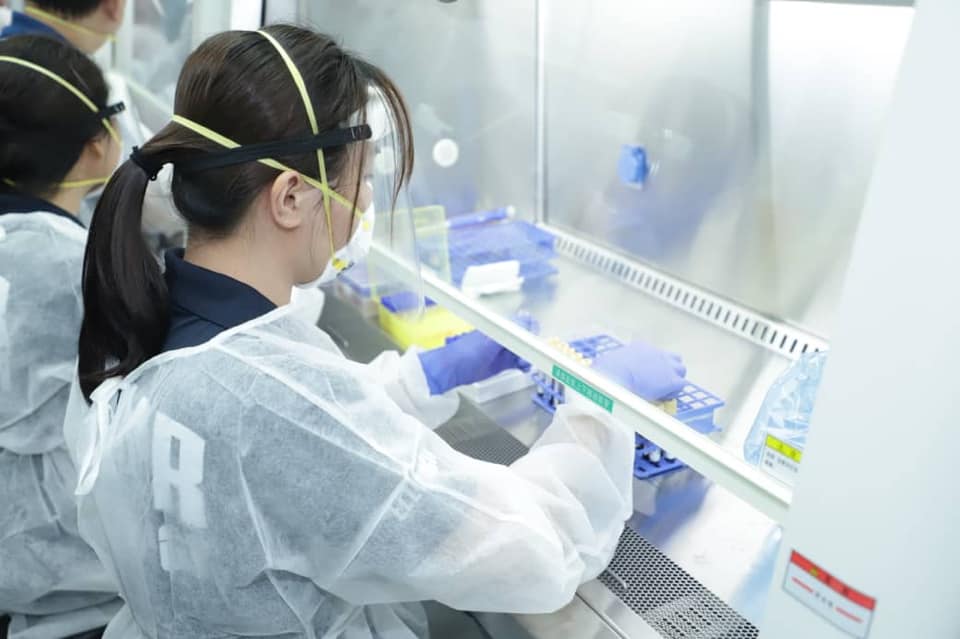KUALA LUMPUR, August 18 — A significant proportion of adults globally, who are purportedly against extreme vaccine hesitancy, are concerned about a Covid-19 jab, CNN reported.
Experts claim that speed is the biggest concern with the coronavirus vaccine, as most vaccines take 10 to 15 years to develop.
“I have underlying health issues. I would want to see enough studies in a long-term period of what the ramifications are for the vaccine,” Susan Bailey, a retired nurse from Florida who claims not to be an anti-vaccine, told CNN.
CNN reported a study by King’s College London which showed that only half of the population in the UK said that they are very likely to get a vaccine against coronavirus if one becomes available.
On the other hand, a CNN poll from May found two-thirds of Americans would personally try to get a vaccine if one is made available at a low cost.
A physicist at George Washington University, who is studying vaccine skepticism on social media, reportedly said that four most common objections are safety, whether a vaccine is needed, trust of the establishment and pharmaceutical companies, and perceived uncertainty in the science.
CNN reported that a surge in vaccine skepticism was seen in 2009 in France, with only 8 per cent uptake during the swine flu epidemic, as the top concern during that time was speed, despite existing knowledge around flu vaccines. A study showed that in May, when France was in lockdown amid the escalating Covid-19 outbreak, a quarter of the population would refuse to get vaccinated.
“When you produce a new vaccine with such speed, it’s not just communication, it’s also transparency and making the right decisions,” Jeremy Ward, who published a study on vaccine hesitancy with French research consortium Coconel in The Lancet in May, told CNN.
Top US epidemiologist Dr Anthony Fauci reportedly said that the ultimate goal for a vaccine is to create herd immunity, which means that enough of the population is immune to make the spread of infection rare, pointing out that if only two-thirds of the population is vaccinated, it is “unlikely” that herd immunity would be achieved.
Dr Mike Ryan, executive director of World Health Organisation’s (WHO) health emergencies programme, said that people need to be allowed to have conversations about vaccines.
“It’s not a one-way street. It’s not about shoving things down people’s throats. It’s about having a proper discussion, good information, good discussion on this and people will make up their own minds,” Ryan was quoted saying.








